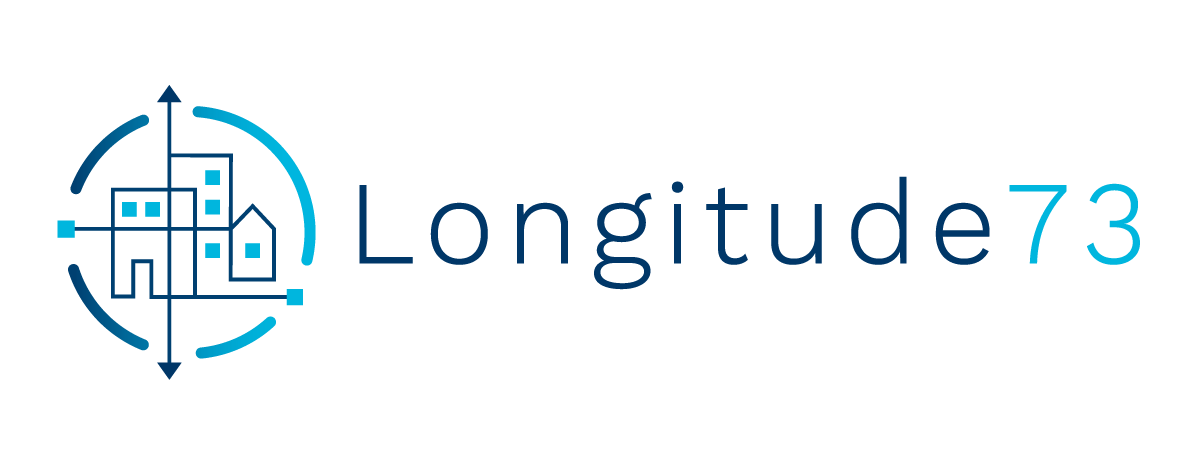Given the pressure placed on brand marketers to deliver results, it's surprising that more isn't done to roll out the “local red carpet” for customers. We recently conducted a survey, asking: "Why don't more brands engage in local marketing vs. simply ‘geo-targeting’ ads?"
Our results indicate that 42% of brands don't consider “local” to be a priority, while 32% are concerned about “getting it wrong.” Another 26% cite “budgetary limitations” regarding scaling any local efforts. These are seemingly easy “outs,” but in today’s marketing climate, they prove unwise. Let’s explore that further.
Think With Google, Google’s think tank and social research division, reported that, “People expect to be able to find exactly what they’re looking for, wherever and whenever they’re looking for it.. [with many expecting] so much from search that they’re even dropping the phrase ‘near me,’ but still expecting local results.” People want relevance from brands because Google has spoiled them. Thus, you need to think differently about how to create a value exchange with your customers.
Let’s look at each excuse:
1. LOCAL ISN'T A PRIORITY
For a very few categories this might be valid, but think about what your customer is trying to accomplish. Consider these examples:
- Travel Brands - Whether you’re a hotel, travel site, whatever, your customer is researching and/or planning a trip. Are you giving them everything they need to plan and book the trip without leaving your site? If they have to go elsewhere to find places to eat, nearby events or where to go with the kids, you’ll likely lose them.
If you do offer this type of local content, is it done in a way that keeps a potential customer within the “walls” of your site? - Real Estate - When you’re competing with so many companies (not to mention, agents), you must stand out as an “expert,” so that potential homeowners will trust your guidance (and opt to use your services). Sharing helpful local information digitally about median home prices, taxes, schools, town amenities, social hubs and commuting are just a few ways to demonstrate that you’re the go-to choice to represent a buyer/seller. Your agent page and social media are key places to share that expertise. After all, when a prospective client is researching who to work with, your page is where they’ll get their first impression.
Similar to the “Travel” example, are you providing that information without risking that the customer leaves your page? Make sure everything they’d need or want is all in one place — yours. - Outdoor Outfitters - Think about retailers, like outdoor companies, that sell high-end gear. Very often, the gear (or the related activity) may seem out of reach for a beginner or weekend warrior. They can’t justify the expense. But by mixing your products (say, snowboards) with some local expertise ( “5 Great Places in [AREA] for Beginning Snowboarders,” “3 Tricks to Snowboarding”), and linking your products to it, you could get that customer thinking, “Hey, maybe I’ll try it.” And you’ve just upped the chances of making a sale.
The REI Outdoor company is a great example. They do a great job of inspiring usage of the products they sell by sharing expert advice, local classes, events, even REI Adventure Trips. Say you’re looking for information about “compass navigation.” You come across a class offered by REI. You also find a way to meet people in your area also interested in learning about it. And guess what? You’re going to need a compass — which you can (conveniently) purchase from REI.
Talk about inspiring you to feel great about the brand, engaging with the product, then finding a way to use it — in your own backyard. This is how “local” takes your brand to another level.
2. GETTING IT WRONG
Naturally, no marketer wants to make mistakes when “localizing” their efforts. Finding experts who empathetically understand different geographic markets within a particular vertical, and who can suss out content partners in that area (with significant scaled expertise) makes it easier.You don't need to generate “all-new original” content to be successful.
Think about the Travel site we referenced earlier: it allows the consumer to plan every aspect of their trip. The site adds value, but it didn't originate all that content on their own: they sourced much of it from other credible sources, aggregating it on their page. And the Realtor definitely isn't inputting all that school, commuting and other relevant content to their page. They find it elsewhere.
The bottom line is, there are many ways to add content that will help you add powerful “local” credibility for your customers. And it can scale in an economical way.
3. BUDGET LIMITATIONS
No marketing team has a budget that covers everything. Debating where to allocate money across the marketing mix is an increasingly tough decision. Because these days, the customer has more control than ever over how much of these messages they want in their life.Currently, customers tune out most advertising. They don’t answer the phone, they’re unsubscribing to all but the most necessary emails. It’s time to start seriously questioning the value of the “usual” tactics.
Today, customers think of your product/category when they need it. Then they seek out solutions that may (or may not) include you. Wouldn’t you want to be there when they need you? And what is that worth? Adding the “local” angle to your marketing plan dramatically increases the odds they’ll turn to you in that moment.
OK, on top of what we’ve discussed, here are some solutions your local business can implement ASAP:
- If you have a location-based business, make sure your listings and content are in order everywhere online. Check to see that information comes up “clean” on any and every device: laptops, tablets, desktops and most importantly, smartphones.
- Have a strategy for handling reviews. People search for them and they’re great for your reputation. Even successfully resolving “unfavorable” feedback can be good for you.
- Create “local experience” pages instead of generic landing pages. These show your understanding of the area. Local Content Optimization (LCO) helps by taking your valuable (but often underutilized) brand content and combining it with curated local information: places to go, things to do, and the like. This results in a welcoming (and valuable) experience that potential customers will feel great about.
- Another simple step is to do locally based promotions for your brand (like, “10 percent off today only for Savannah residents!”). It’s an easy way to make customers feel special and connected to you.
Your take-away? Focusing on bringing “local” flavor to your business will pay off in enormous ways.


